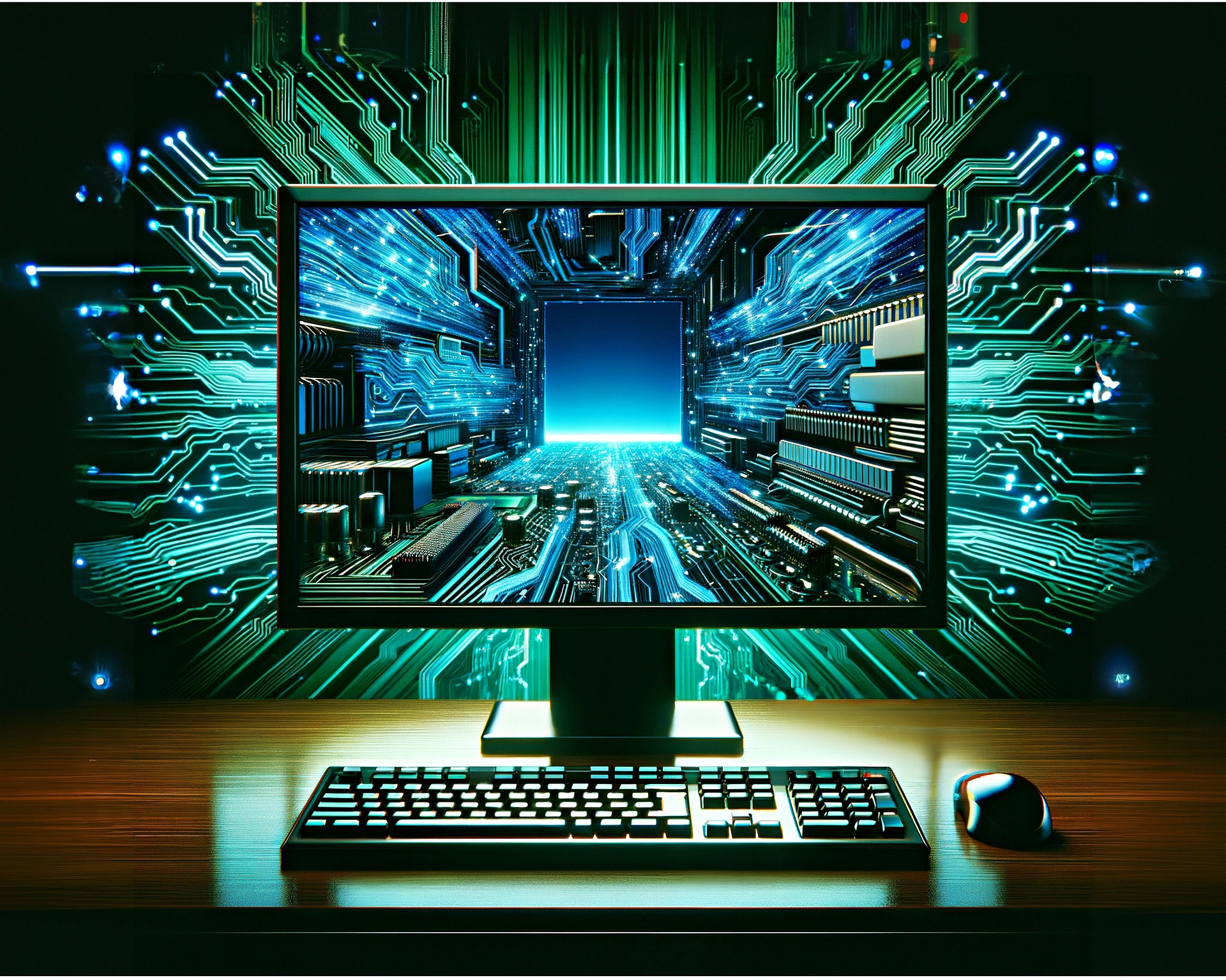Deciphering the Significance of the Judicial Review Process in Democratic Governance
The process of judicial review is a cornerstone of democratic governance, shaping the balance of power between different branches of government. This article delves into the historical context of this concept, its current implications, and recent developments that may impact its future.

A Historical Overview of Judicial Review
Judicial review is an essential element of a constitutional democracy. Originating from the landmark case of Marbury v. Madison in 1803, this concept allows courts to review and possibly nullify laws and governmental actions that contradict the constitution.
The Mechanics of Judicial Review
The process of judicial review involves three primary steps. First, a case must be brought before the court, usually by an individual or entity claiming that a law or action has infringed upon their constitutional rights. Next, the court must interpret the relevant sections of the constitution to determine whether a violation has occurred. Finally, if the court finds a discrepancy between the law and the constitution, it has the authority to invalidate the law.
Contemporary Implications of Judicial Review
The implications of judicial review are far-reaching and impact nearly every aspect of society. By acting as a check on legislative and executive powers, it ensures the constitution remains the supreme law of the land. It also protects individual rights by preventing the government from overstepping its constitutional bounds. However, its critics argue that it grants courts too much power, potentially leading to judicial activism.
Recent Developments in Judicial Review
In recent years, there have been significant discussions regarding the scope and application of judicial review. Some legal scholars argue that courts have been overly active in their use of judicial review, leading to accusations of legislating from the bench. On the other hand, proponents of a robust judicial review process argue that it is a necessary check on the other branches of government.
The Future of Judicial Review
As we move forward, the role and extent of judicial review will continue to be a point of contention. While some may argue for its curtailment, others will push for its expansion. Regardless of these debates, it is clear that judicial review will continue to play a critical role in maintaining the delicate balance of power within democratic governance.
In conclusion, the process of judicial review is a fundamental aspect of democratic governance. Its historical significance and current implications underscore its importance in maintaining a balance of power and protecting individual rights. As we navigate the complexities of our evolving legal landscape, understanding the role of judicial review will remain paramount.




